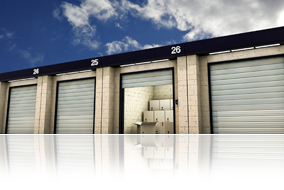It seems like every month there is a new website offering deals on everything you can think of. In fact, the “coupon industry” is booming.
This trend has conditioned people, more than ever before, to look for bargains and become determined to pay well below the market price for merchandise. There’s nothing wrong with that. We all want a deal!
But when it comes to shopping for a home, bargain hunting can be a bad idea.
First of all, the real estate market is competitive. The overwhelming majority of homes sell for a price that is at, or close, to their respective market values. Your chances of finding a property that is listed significantly below its market value is slim to none.
Secondly, if you become fixated on finding a bargain, you may not notice all the great properties on the market that are within your price range and meet your criteria.
In other words, you may inadvertently pass on what may, in fact, be your next dream home.
So, when shopping for a new home, focus on finding the right property at the right price, and not on finding a bargain.

